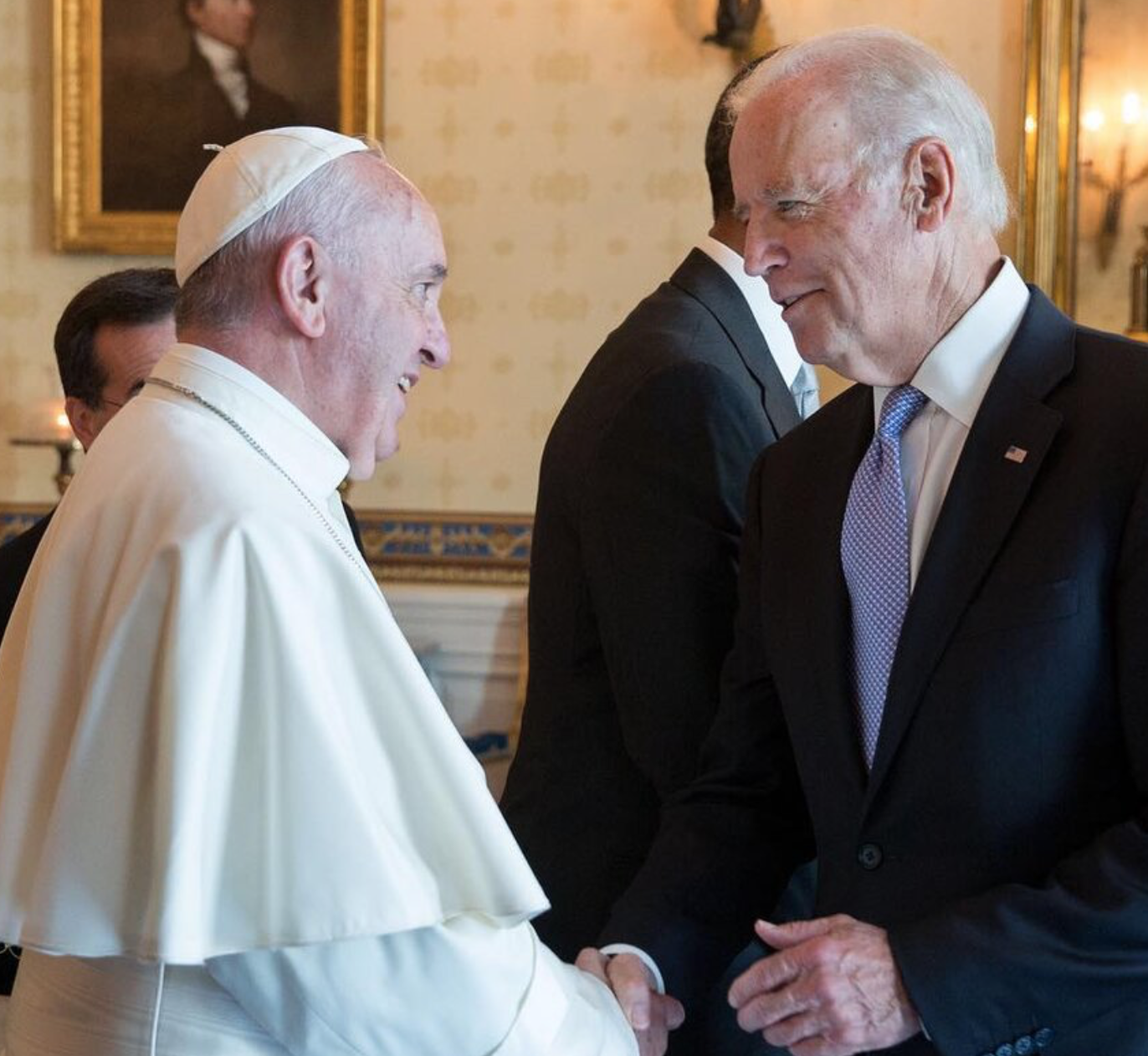Fellow GetReligion contributor Ryan Burge’s November 20 Substack column (“The Myth of the White Catholic Democrat”) was as informative as usual, with solid data that reinforce one of The Guy’s perennial contentions in these Memos.
Such as? Consider this previous headline: “Repeat after me: White Catholics voting in 2004. White Catholics voting in 2024 ...” If that isn’t enough, search through this Google News file for more. The Big Idea is that journalists should pay more attention to white Catholics, who’ll very likely decide who wins the presidency next November.
Those much-covered white evangelicals are important, but where they count is with intra-Republican primary maneuvers, whereas for decades they’ve given the party’s presidential nominee predictably wide margins. (White “Mainline” Protestants are weaker and divided. Hispanic and Black Christians are politically distinct from white co-religionists.)
The Pew Research Center defines the nation’s three major religious blocs as evangelical Protestants (25.4% of the population), Catholics both white and Hispanic (20.8%), and “Nones” without religious affiliation (22.8%). With evangelicals lopsidedly Republican and “Nones” overwhelmingly Democratic, the Catholics are always the swing vote to watch. World without end. Amen.
Burge reminds us there are tons of Catholic voters and they’re widely distributed around the U.S. as a factor in many states. Note Pew Research data for the Catholic populations in these swing states: Arizona 21%, Florida 21%, Michigan 18%, Nevada 25%, New Hampshire 26%, Ohio 18%, Pennsylvania 24%, and Wisconsin 25%.
White Catholics’ move toward the Republicans is one of the era’s most important political developments (and, as our own tmatt has stressed for years, something appears to be brewing with Hispanic Catholics). Their margin for the GOP is modest but increasingly dependable, and in states like Florida that really matters.





